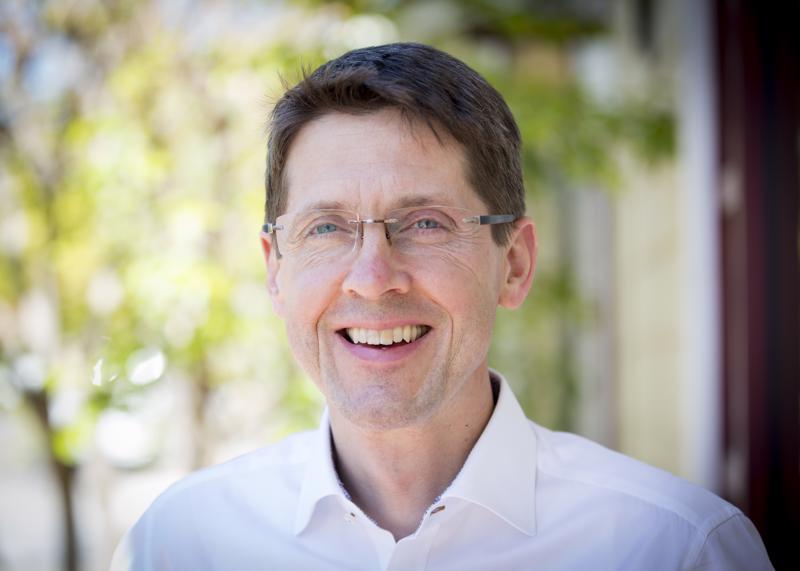Siemens AG launched an open digital business platform, Siemens Xcelerator, in June 2022. What are the key benefits for Siemens’ customers worldwide? How have your clients commented on this new platform?
Siemens Xcelerator is helping our customers harness the power of the real and digital worlds by leveraging their existing hardware, software, processes, and infrastructure and building on top of it. One of the major benefits is how the offerings are easy to integrate, seamlessly work together, and can be personalized precisely to our customers’ individual needs.
Customers stay flexible and scale easily while minimizing risks thanks to pre-configured, proven, and curated solutions and the help of the ecosystem. The feedback has been highly positive as our customers recognize our role in delivering simple, cross-functional, and sustainable solutions in the complex journey of digital transformation.
Of the technologies that Siemens has introduced and applied in Finland to support customers on their journey towards energy optimization and carbon neutrality, which are parts of the Siemens Xcelerator portfolio?
All of the customers that were showcased at the recent press event in Finland and Estonia have incorporated technology from the Siemens Xcelerator portfolio. As the global energy transition gathers pace, both Finland and Estonia are driving the transition with a forward-thinking, digital approach to smarter buildings and grids. Technology from the Siemens Xcelerator portfolio has been pivotal in accelerating digital transformation across some of the region’s most advanced infrastructure projects.

There are many impressive business success stories of Siemens in Finland from its 168 years of operations. Which stories show how Siemens’ technology has helped create an impact for customers and transformed everyday life for Finnish people?
There are many excellent projects in the region that truly demonstrate how organizations can innovate faster thanks to software. One such example is Sello, Finland’s most sustainable shopping center. With a Smart Readiness Index rating of 92 per cent, Sello can be considered one of the smartest buildings in Europe, providing a safe, high-quality visitor experience while keeping emissions, operating costs, and rent as low as possible.
As CTO of Siemens Smart Infrastructure, what is your advice for developing countries like Vietnam in addressing their challenges in infrastructure development?
To address the challenges associated with infrastructure development, developing countries such as Vietnam must develop a “Smart Infrastructure Roadmap” to build for a sustainable future. Such a roadmap should take a holistic view of all the vital development areas for that country and must include infrastructure projects in the areas of power generation, transmission and distribution, energy efficiency and transportation, but must also focus on building the necessary skilled workforce.
Digital and smart infrastructure such as digital factories, highly efficient power plants, smart grids, smart buildings, and seamless mobility systems are key levers to strengthen basic infrastructure in Vietnam and at the same time will help drive efficiency and increase productivity.
I firmly believe that a smart infrastructure strategy will attract the right talent, build foundational technological competencies in the respective country, and thus lead to long term differentiation.









 Google translate
Google translate